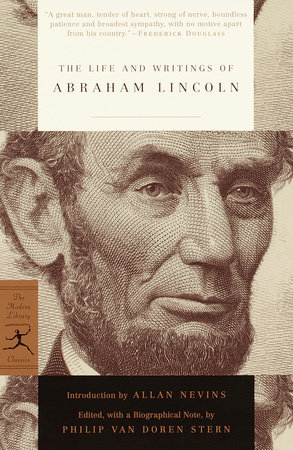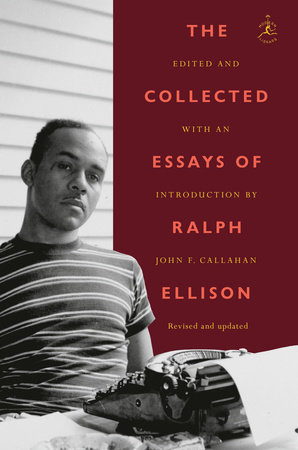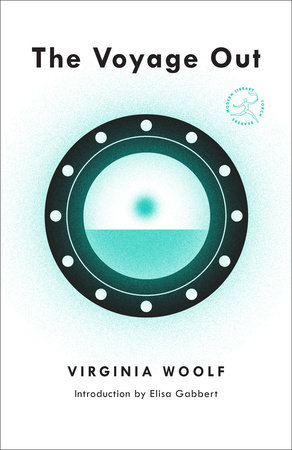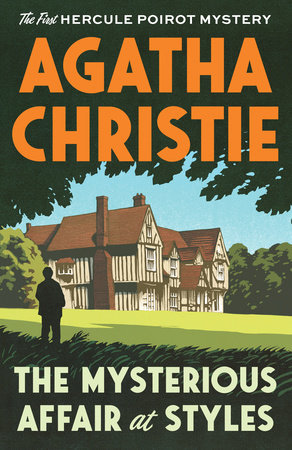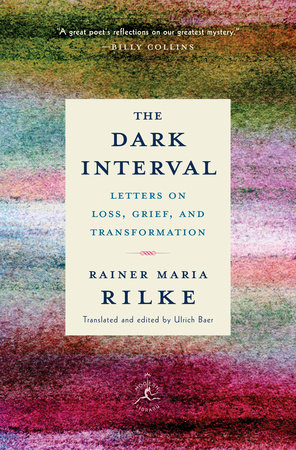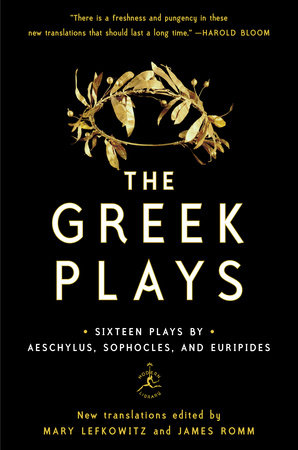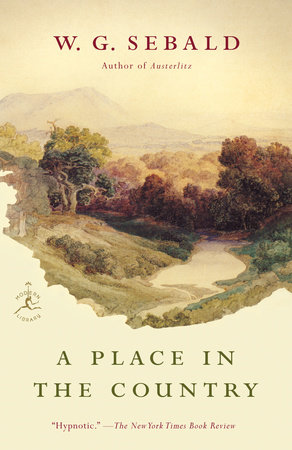Excerpt
The Life and Writings of Abraham Lincoln
THE LIFE OF
ABRAHAM LINCOLN
WHEN a man has become so famous that he is known to everyone, his identity as a person is likely to be lost. His most prominent physical features are emphasized by caricaturists until they come to stand for the man himself. A single adjective describing one phase of his personality is repeated until it takes on the value of a nickname. All the underlying subtleties and inconsistencies that go to make up the real man are forgotten or suppressed; finally he becomes as conventionalized as his memorial statue—and with no more insides to him than there is to the bronze casting.
No one in American history has suffered more from this process of oversimplification than has Abraham Lincoln. We think of him as a tall dark figure muffled in a shawl and wearing a high silk hat that is apparently never removed. We remember all the little things about his costume—the unpressed, ill-fitting clothes, the bulky umbrella, and the little black tie, always slightly askew. We know that his contemporaries considered him homely, but we are so used to seeing pictures of his face that we have come to consider it sadly beautiful. It is everywhere about us, and we must be poor indeed if we do not have Lincoln’s portrait on our persons at this very moment, for it is stamped in copper on every penny that comes from the mint.
Long familiarity with his name and his appearance has made us feel that we know all about this man. His honesty, his kindness and his passion for justice have been described to us ever since we were schoolchildren. And all the things that have been said about him are true—but they are not true enough. The Lincoln we have so firmly fixed in our minds is not a person but a concept. The man himself lies deeper. His character was extraordinarily complex; his motives are not easily understood—and they have often been misinterpreted; contrary to popular belief, his rise to fame was neither accidental nor unsought for; and, more important than anything else, he was a human being like the rest of us, with all the weaknesses and faults common to mankind. It is a confirmation of his inherent greatness that despite the flaws he still seems great, and he grows more interesting on closer study.
There is only one way to understand this man as a person and as a force in history. No amount of reading biographical accounts of him will give the whole picture; no study of history or contemporary records will give as complete an understanding of his curiously complex personality as well as his own words do. We are fortunate in having a large body of his writings and speeches. Much has been lost, of course; carelessness, fire, time and deliberate destruction have taken their toll. But the material that remains is so rich that the man who emerges from Lincoln’s own record of himself can be seen whole and true in an unconscious self-portrait that is sometimes most revealing when its author was most unaware of what he was saying about himself.
It is important, too, to understand the man as he actually was, for his reality as a person is fast disappearing behind the clouds of myth and fancy that have been cast around him. The Lincoln legend is not without its value as a part of American folklore but it has no place in history, except that the myth should be taken into consideration as a part of the deep impression made by Lincoln on the minds and hearts of his people.
The fact that the American people have made Abraham Lincoln into a hero and a god is not to be regretted. In their very act of deification the people have indicated what they themselves most admire in a man. A popular hero is the living embodiment of his people, with all their characteristics, good and bad. He is one of them, lifted up and made great, yet never divorced from their earthiness, rooted deep in the soil from which he sprang. That the American people have chosen this man from among all others to be their representative in world mythology is evidence of their attachment to the principles of liberty, peace and justice for which he stood. And it is remarkable, too, that they have seen through the apparent disparities in his career to the essential underlying truths. They remember him as a man of peace and good will, although they know that he was a wartime leader. They cherish the words he spoke for freedom and democracy, although they realize that he was compelled by the emergency of war to suspend many of their most dearly defended civil rights. They know that he saw beyond the temporary measures of his day to ideals of eternal importance. They remember that he and the men of his time had to fight to preserve those ideals; they remember the part he played in this struggle; they know what he did and they will not forget what he said. The words of his greatest speeches have become as much a part of our political heritage as the Declaration of Independence and the Constitution itself.
Now, three-quarters of a century after his death, Lincoln’s memory, which had perhaps for a time become somewhat dimmed by long familiarity, has taken on a new meaning in a world where the things for which he fought are again being threatened. We have seen civil wars and international wars surge around us in the world at large, and the struggle which in his time was sectional for the rights of black men has extended until it has become national and international for the rights of all men regardless of the color of their skins. As a result of this mighty struggle now taking place there has been an amazing revival of interest in the details of Lincoln’s career. Plays, motion pictures, books and stories about him have attained wide popularity. His words are quoted—with varying emphasis—by all parties from right to left. He has become a guide and a prophet to an even greater extent than he was before. Through the study of his life and his words we can arrive at a better understanding of the problems of our own time. The battle for democracy and freedom to which he devoted his life has not yet been won.
His life is one of remarkable interest not only for its personal and political importance, but for its dramatic values as well; it develops through a rising curve to reach a tremendous tragic climax at the end. It has all the narrative elements, and it should be more interesting to most of us than any tale of kings and battles long ago, for it is the story of a man who rose from lowly origins to high place and yet was so human that he is still remembered in his home town as a friend and neighbor rather than as a figure in a history book.
He was born on February 12, 1809, in a log cabin near the village of Hodgenville, Kentucky. His parents came from pioneer stock. His father’s family had settled in Massachusetts in 1637, and moved ever southward and westward in successive waves of migration. In 1786, Lincoln’s own grandfather met the traditional death of the pioneer, shot down by hostile Indians while he was planting a field of corn on ground that he had cleared in the forest. Lincoln’s father, then a small child, was rescued from the marauders by an older brother who killed the kidnapper with a single shot from his long rifle.
An enormous amount of research has been devoted to establishing the facts about Lincoln’s ancestry and early life. As a result of this research, we know a good deal about Abraham Lincoln’s father, Thomas Lincoln. We know that he was a carpenter by trade and a farmer by choice, although he was successful at neither vocation. We know that he was legally married to his wife, Nancy Hanks, on June 12, 1806, by one Jesse Head, deacon in the Methodist Episcopal Church. The certificate of marriage is still in existence. Abraham Lincoln would probably have given much to see it, for all his life he was apparently afraid that he had been born a bastard, son of a mother who had herself been born out of wedlock.
This mother, Nancy Hanks, is a vague and shadowy figure who left no tangible record behind her. She was probably not able even to write her own name, for the few legal documents she signed bear only that shakily drawn cross that is the mark of an illiterate. We do not even know what she looked like, except that she was probably small and dark. After her son became famous, old settlers who had known her tried to remember as much as they could about this woman who had died obscurely many years before. They succeeded only in further confusing our knowledge of her, because they disagreed with one another on almost every point. The woman they described was a protean creature who ranged all the way from a Madonna-like mother to a slut whose casual infidelities would cast doubt on the paternity of her son. She herself was so unimportant that even the few people who knew her at all could not agree as to what sort of person she had been. And she was not only poor and obscure—she was a woman, a pioneer woman who could leave to posterity only one kind of record to indicate that she had lived, breathed consciousness of the world around her, been a part of her generation and her race. Her life work, the sum of her accomplishments, the living memorial of all her qualities, were her children. Whoever and whatever she was, Nancy Hanks Lincoln made her mark upon the world in this one record of her life. Reasoning backward from the kind of son she bore, she must have been a remarkable woman. Certainly her husband shows no trace of greatness in his character. The heritage he gave to his son was the heritage of weakness, of indecision, of slowness and of unceasing inner struggle.


